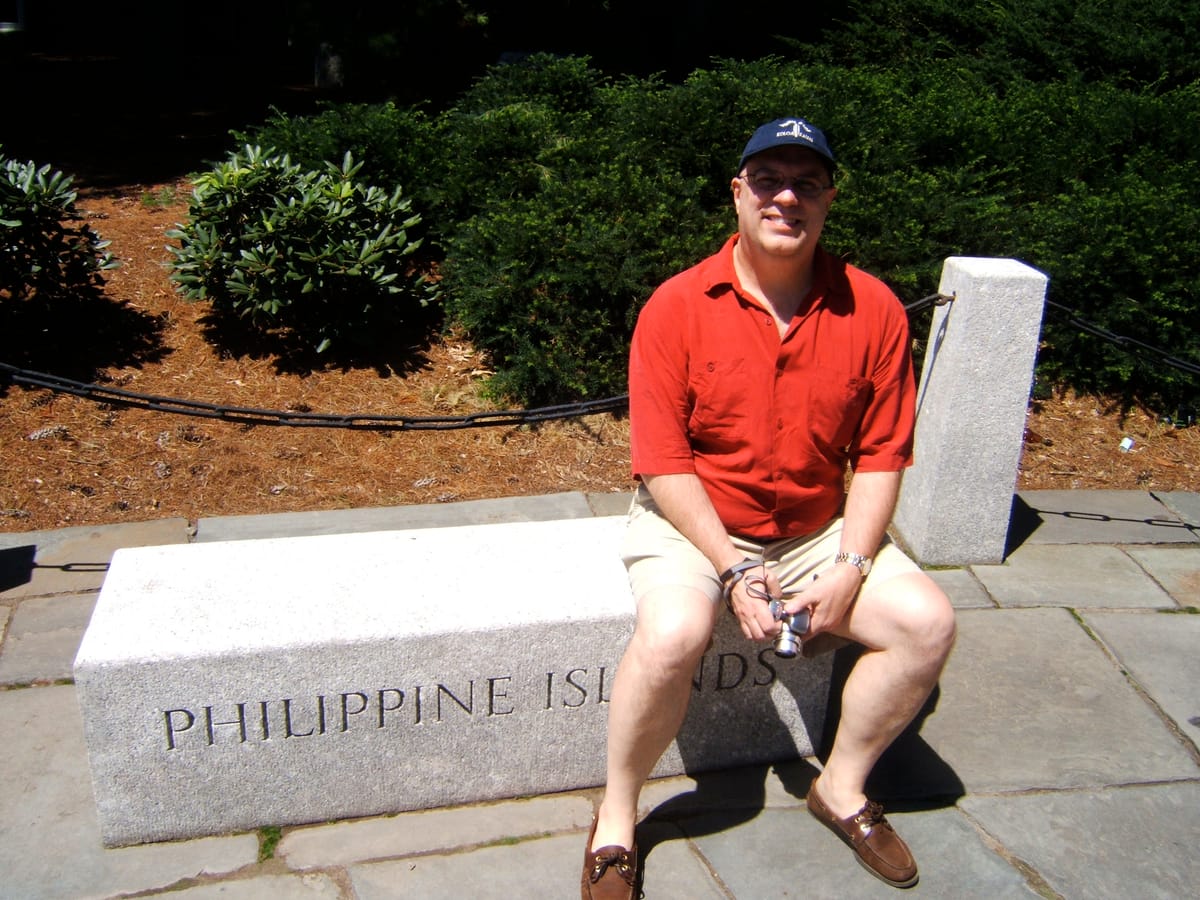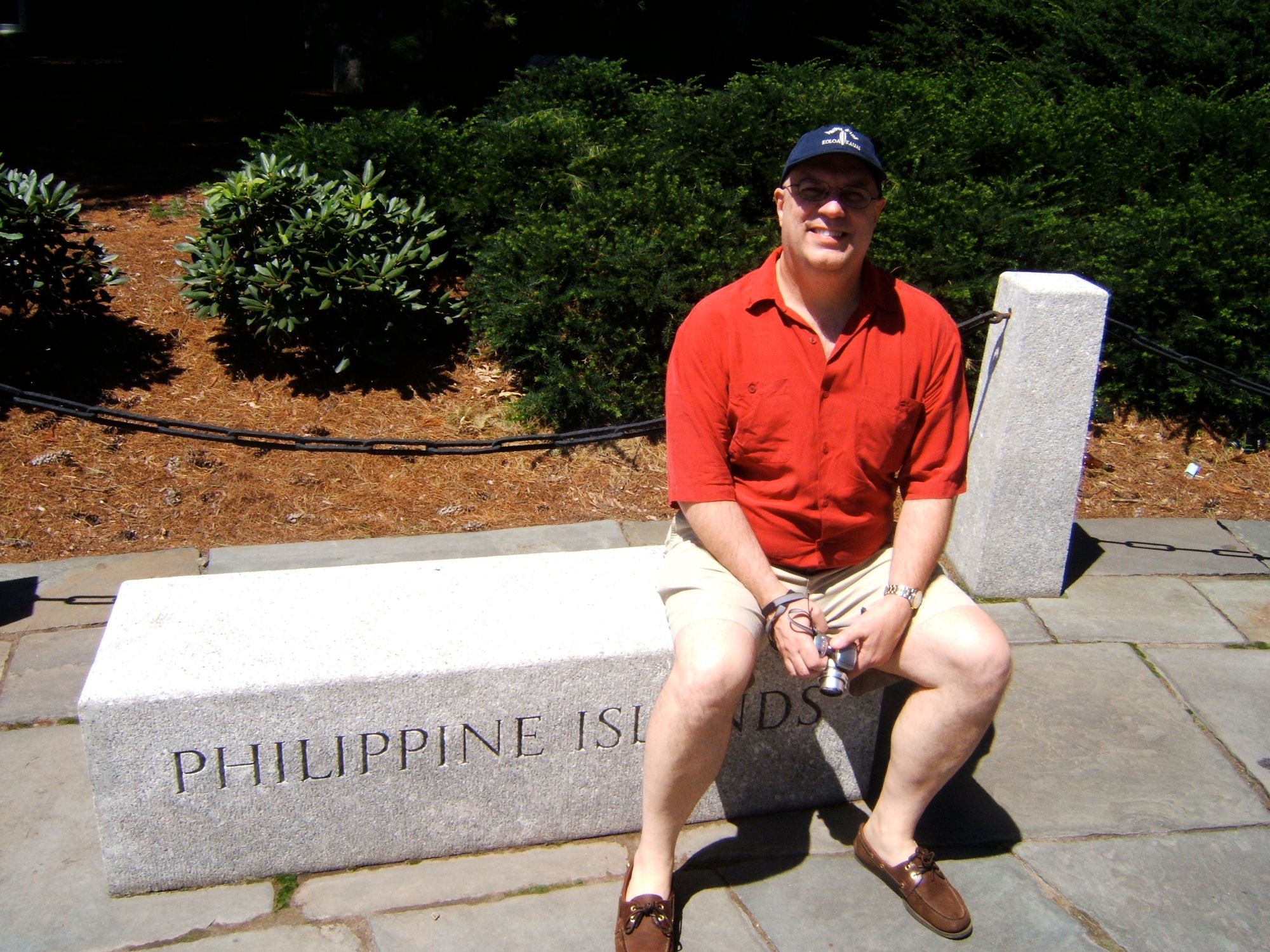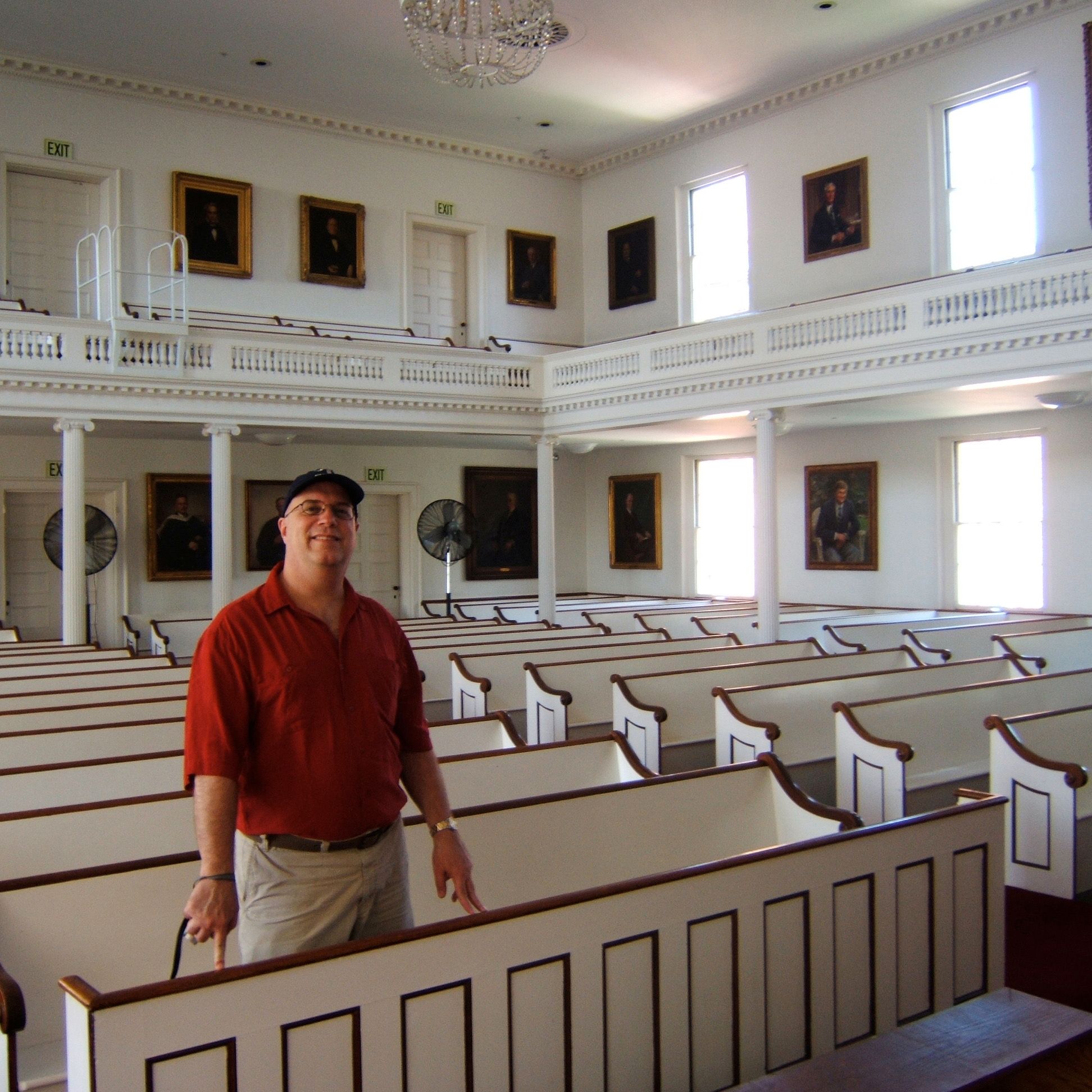Letter to the Editor: "Legacy-Blind" Admissions
In a letter to the editor, former Amherst College Associate Dean of Admissions Willard M. Dix ’77 supports the recently announced end of legacy preference at the college, but questions how the college intends to act in a “legacy-blind” way.


As an Amherst alumnus (Class of 1977) and a former admission dean there from 1990 to 1998, I am pleased that the college has decided to end legacy preferences in favor of broadening the consideration of applicants. Making Amherst’s resources available to students from a wide variety of backgrounds is critical to “illuminating the world,” as the college’s motto, “Terras Irradient,” would have it. However, aside from the announcement itself, I haven’t heard anything about the mechanisms by which it will be achieved.
In considering what is meant by “giving preference” to legacies, it’s important to recognize the constellation of elements contained in that phrase. Most people simply assume that the end of legacy preference means that “legacy status will no longer factor into the College’s holistic admission process,” as President Biddy Martin announced. But reading applications while putting such a policy into practice is much more complex than most people assume.
The “end of legacy preference” is a polite fiction that assumes those reading applications will have no information about an applicant’s economic status or status as an alumni child. But you can’t have a “holistic” admission process without context. Anyone reading an application can infer an applicant’s economic status by their address, high school (e.g. boarding or public? selective or community high school?), summer and extracurricular activities (e.g. paid work? volunteering? hiking in Nepal or working at the local hot dog stand?), and various other elements. The same is true for legacies, who are often in middle- or upper-economic strata anyway. (We’re not even talking about so-called “development” cases, applicants whose family backgrounds contain the promise of a large future contribution to the institution.) How much is the college willing to excise from an application to ensure its goals?
Aside from what may or may not be contained in the application, there have been systemic ways of helping legacies along in the admissions process itself. For example, in the 1990s, the Amherst admission dean would meet with parents of prospective applicants during alumni weekends and reunions. She would give them advice and counsel that they might not otherwise have received. The dean re-read all legacy folders after they had been rated by staff members and sometimes decisions were reversed for various reasons, including a “president’s interest” request. Additionally, alumni parents whose children had applied were given advance notice of negative decisions in order to forestall angry phone calls. Siblings of current students were given special consideration as well. While some of these programs have come to an end, other similar practices may still exist and contribute to an institutional legacy preference. For a “legacy-blind” policy to be truly so, these elements have to be addressed as well if they are still active.
I don’t know the current policies of the Amherst Office of Admission, but I wonder how far they are willing to go. Will they eliminate all targeted contact with alumni during on-campus and off-campus events? What about admission officers meeting with alumni in cities they visit to recruit students or when they attend accepted student open houses in the spring? Will the college ban all alumni-admission contacts? What will make the admissions process truly “legacy-blind?”
An unintended consequence of this policy may be the disadvantaging of future alumni who come from non-privileged backgrounds and were perhaps the first in their families to go to college. For many, “legacy” seems to be shorthand for “scion of rich white parents who already have all the privilege they need.” But what will happen now that it includes a significant number of non-white, non-wealthy (or maybe non-white and wealthy) applicants whose parents attended the college? If the immediate goal is to maintain a healthy number of those students at the college, and the larger goal is to help them attain the kind of status we currently associate with college success and to ensure that they help create a more just and enlightened society, what will or should become of the policy?
Amherst is not unique in this area. Every college that wants to pursue a legacy-blind policy will have to consider all these elements and more. It is simplistic and reductionist to assume that simply adopting a policy can cure all admission-related (and societal) ills or to assume that it’s as easy as not considering the facts of an applicant’s existence. As long as human beings are doing the work, it will be impossible to eliminate conscious or unconscious bias one way or another. (I would never consider adopting a purely mechanistic or algorithmic methodology for college admission, just for the record.)
I don’t question by any means Amherst’s (or any other college’s) good intentions or even ability to achieve its goals. But the question isn’t really about being blind to the facts of an applicant’s life, but being conscious and aware in ways that will assure as equitable a result as possible in a process that is inherently inequitable.
Sincerely,
Willard M. Dix, Amherst College 1977
Former Associate Dean of Admission, Amherst College, 1990-98



Comments ()